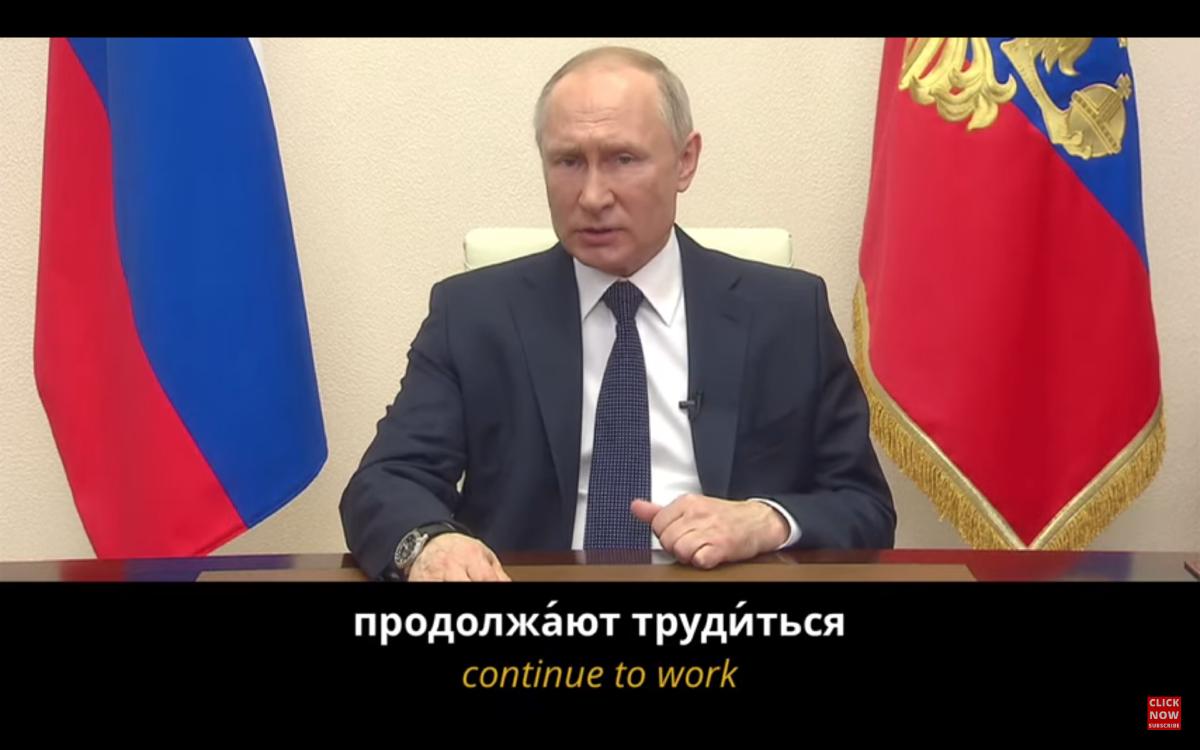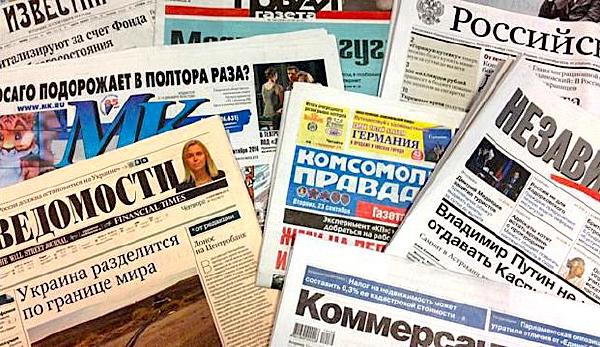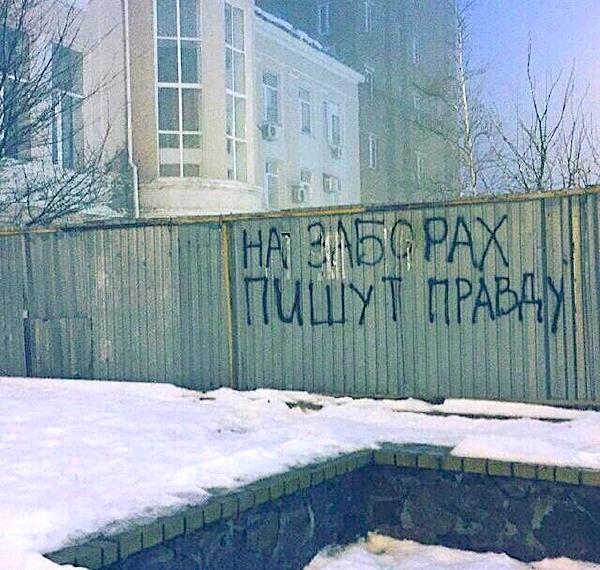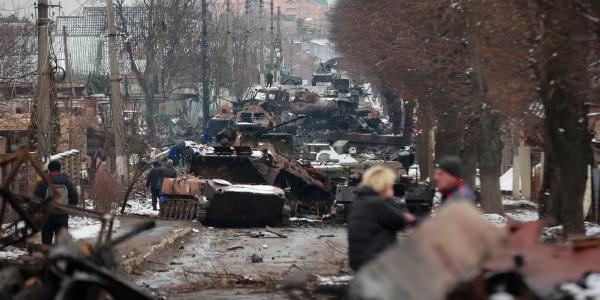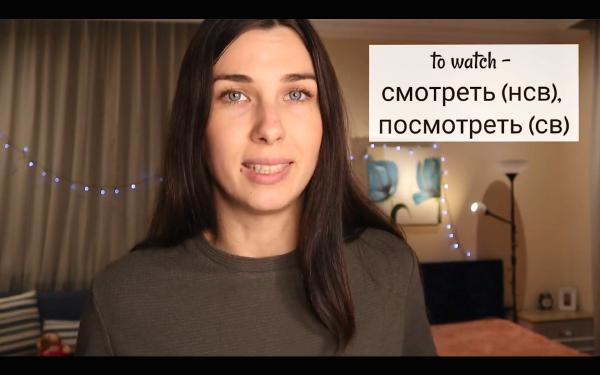Learn Russian with Vladimir Putin (1/2)
Whatever your opinion may be of Russia’s president, his language is excellent material for learning. He expresses himself clearly, but with sentences that are not simple or impoverished — something not all presidents manage, even in their own language. While the language isn’t always easy and may not be ideal for beginners, there are subtitles and explanations available, and it’s about more than just language alone.
From jokes to weapons
Several options are available, both in terms of channels and topics. As part of the Russian Listening Test ( Playlist), Anastasia Semina (Russian with Anastasia) created Putin talks about his hobbies. Путин говорит о своих хобби (2017, 2 m) and Vladimir Putin makes jokes at the press conference (2016, 3 m).
Victoria Arysheva chose a heavier topic with Путин об ядерном вооружении (Putin on nuclear weapons, 2017, 5 m). Learn Russian verbs with Putin. Russian for beginners (Russian Vibe, 2019, 6 m) sounds promising, but there is very little Putin involved. Pay close attention, or you might miss him.
Three speeches
Kristina Malidovskaya (Boost Your Russian) has used Putin multiple times for educational purposes and was not lazy about it. In the series Short Stories in Slow Russian, she presents a short biography (2019, 8 m). Text is shown on screen (with stress marks) and read aloud (slowly).
1: New Year
2020 began optimistically. On December 31, 2019, Putin was already looking ahead to the celebration of the 75th Victory Day. He mentioned that мы живём в бурное, динамичное, противоречивое время (“we live in a turbulent, dynamic, and contradictory time”), but the year became much more turbulent than anticipated.
The same speech (with bilingual subtitles) can be found in a video by Elen Sheff: Новогоднее обращение Владимира Путина 2020 (русский с носителем, 2019, 4 m).
2: Coronavirus
On April 2, 2020, Putin delivered a speech of a different nature and tone — after having previously sent Russians on a week-long vacation (March 25). For more on this, see articles like Corona: Poetin stelt plebisciet uit en stuur Russen week naar huis (Raam op Rusland, 23 March 2020), Een week betaalde vakantie voor iedere Rus (Derek Sauer, Het Parool, 26 March 2020), and Russen omhelzen elkaar onbekommerd in de ‘vakantie’ die ze van Poetin hebben gekregen (Tom Vennink, de Volkskrant, 29 March 2020).
3: Victory Day
On May 9, the 75th Victory Day speech was delivered without much audience or parades.* Quite different from what was envisioned in the New Year’s speech. However, there were airplanes. See Russia swaps Victory Day parade for air show (BBC News) and Russia marks Victory Day with flypast as parades postponed due to coronavirus (The Telegraph). The full speech (53 m) is available via Ruptly.
Also, from Boost Your Russian, check out Learn Russian with TV (slow Russian with subtitles) (January 2020, 16 m) for more Russian learning with Vladimir Putin.
More


